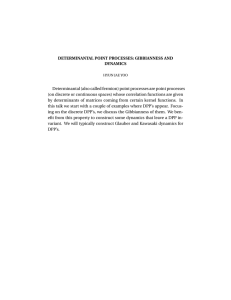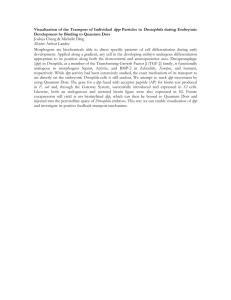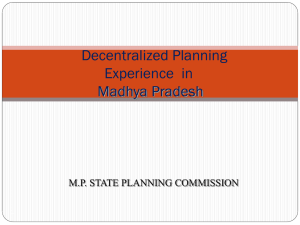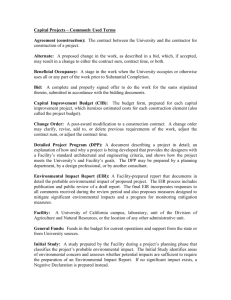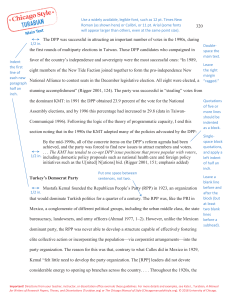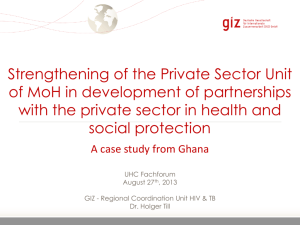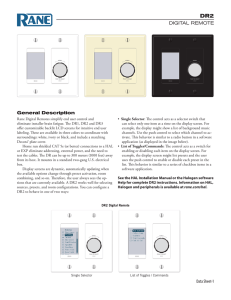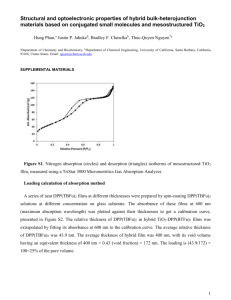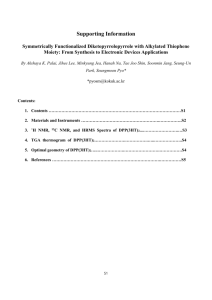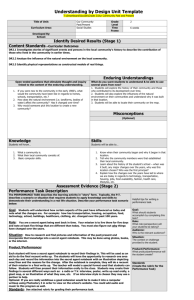Abstract This thesis is analyzing the creation and use of a `clash
advertisement
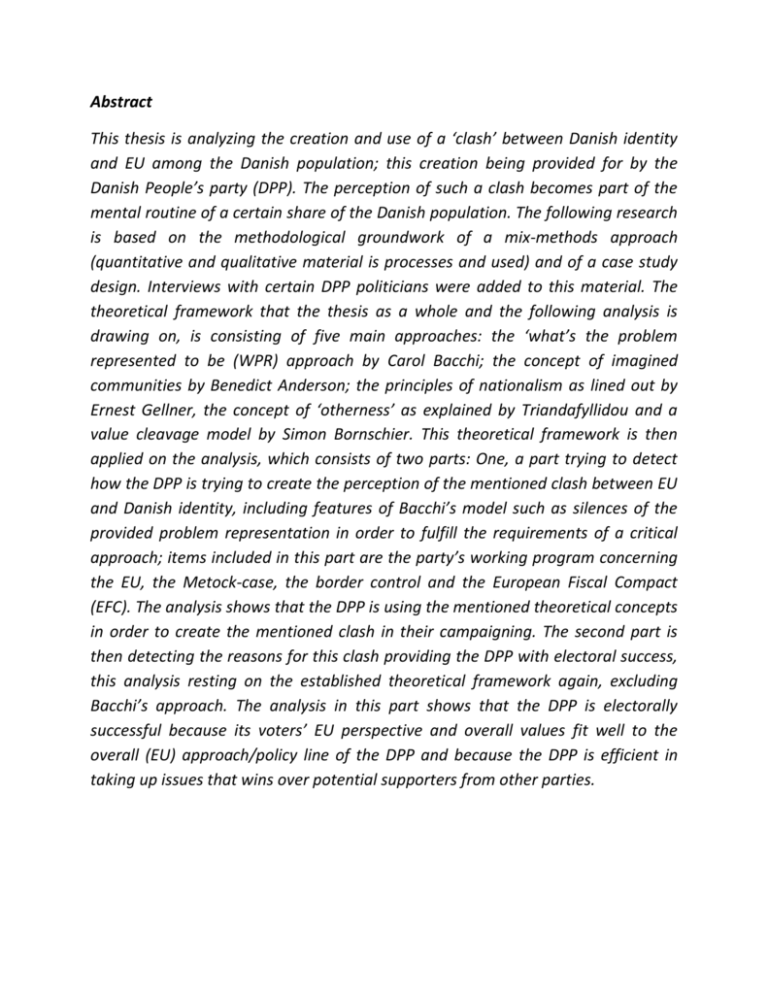
Abstract This thesis is analyzing the creation and use of a ‘clash’ between Danish identity and EU among the Danish population; this creation being provided for by the Danish People’s party (DPP). The perception of such a clash becomes part of the mental routine of a certain share of the Danish population. The following research is based on the methodological groundwork of a mix-methods approach (quantitative and qualitative material is processes and used) and of a case study design. Interviews with certain DPP politicians were added to this material. The theoretical framework that the thesis as a whole and the following analysis is drawing on, is consisting of five main approaches: the ‘what’s the problem represented to be (WPR) approach by Carol Bacchi; the concept of imagined communities by Benedict Anderson; the principles of nationalism as lined out by Ernest Gellner, the concept of ‘otherness’ as explained by Triandafyllidou and a value cleavage model by Simon Bornschier. This theoretical framework is then applied on the analysis, which consists of two parts: One, a part trying to detect how the DPP is trying to create the perception of the mentioned clash between EU and Danish identity, including features of Bacchi’s model such as silences of the provided problem representation in order to fulfill the requirements of a critical approach; items included in this part are the party’s working program concerning the EU, the Metock-case, the border control and the European Fiscal Compact (EFC). The analysis shows that the DPP is using the mentioned theoretical concepts in order to create the mentioned clash in their campaigning. The second part is then detecting the reasons for this clash providing the DPP with electoral success, this analysis resting on the established theoretical framework again, excluding Bacchi’s approach. The analysis in this part shows that the DPP is electorally successful because its voters’ EU perspective and overall values fit well to the overall (EU) approach/policy line of the DPP and because the DPP is efficient in taking up issues that wins over potential supporters from other parties.
